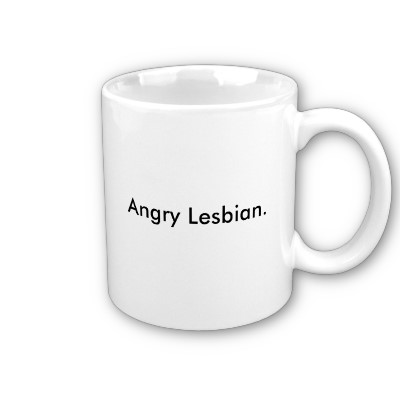I decided against giving a call to action as my acceptance speech for the HistoryMaker's Lavender Rhino Award. I went with something more personal, given the recent teen suicides, and shared some of my history with depression as well. It is important for all of us to be open, transparent,…
-
-
To Hell With Mainstream Press Coverage: Women, People of Color, and Trans People Should Create and Control Their Own Media Stories
As leaders of social change, we aren't in a position to suffer "bad" press -- which in our field, often means mis-informed, mis-quoted, downplayed, and at times, downright inaccurate press coverage on the social justice issues we care about. Our causes -- "brands" for the sake of argument -- aren't…
-
A Rant — The Ugly Business of Good Social Causes
I really wish the LGBT and non-profit industry in general would stop hiding behind "good causes" and own their mistakes/shortcomings so we can all move forward.
-
Glad about GLAD’s Inclusive Outreach for Annual Winter Dance Party
I wasn’t even supposed to blog today — it’s so nice outside, and I don’t know how long this sun will last so I gotta make this quick. I cannot contain my excitement, intense feelings of hope, and pride in my community as GLAD’s Annual Winter Dance party gets a…
-
Harvard LGBT Students of Color and Allies Talk Race and Queerness, Gender Takes a Back Seat
Last night, I had the pleasure of facilitating a student discussion about the experience of being an LGBT person of color and/or ally on the Harvard campus. I was invited to speak about my work as the QWOC+ Boston founding organizer, and about the complexities of having multiple identities as…

